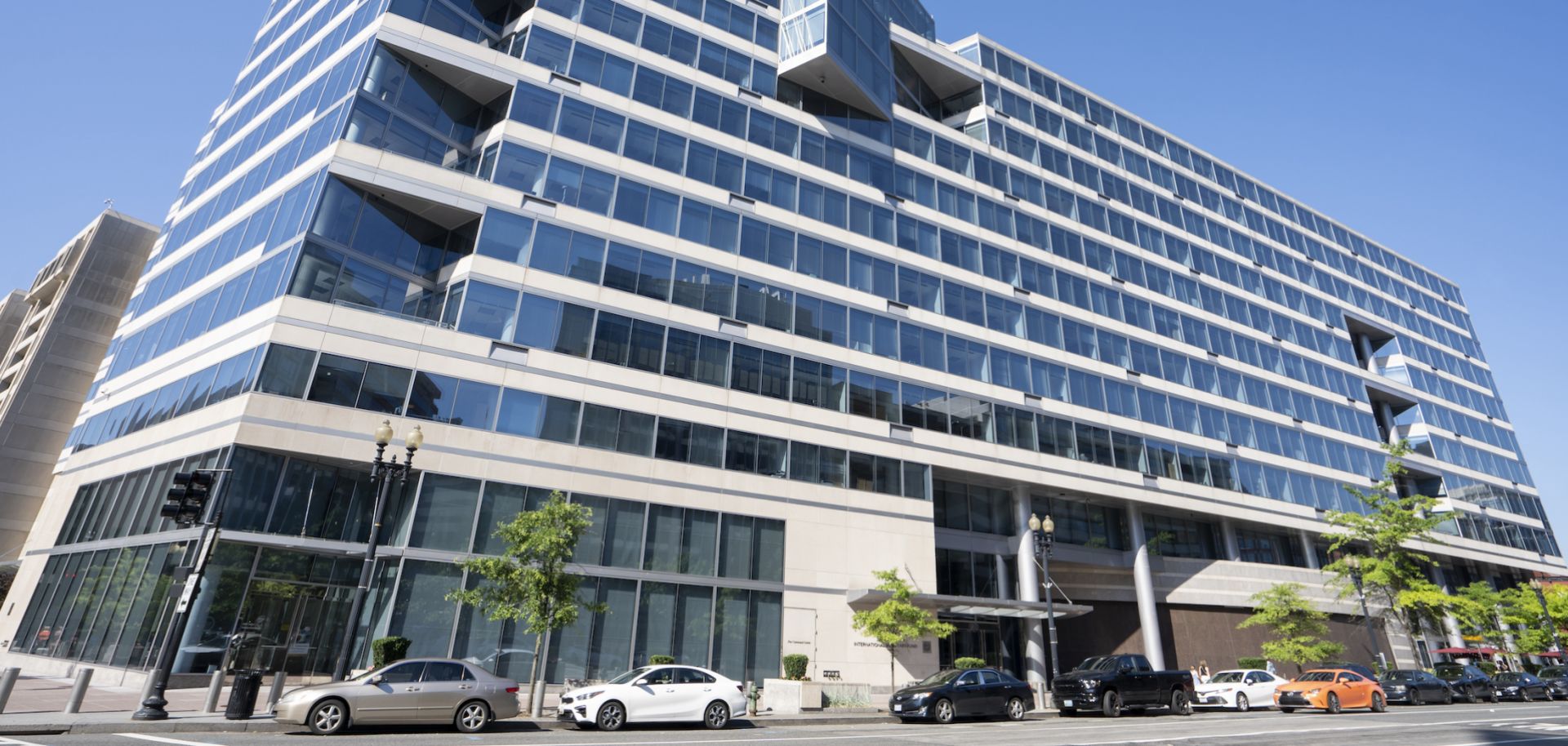In response to a failed IMF review, Sri Lanka will likely seek to strengthen revenue collection, as well as potentially cut public spending and implement some structural reforms. Doing so, however, will exacerbate risks of public backlash and still leave Colombo in a difficult position with foreign creditors. On Oct. 5, Sri Lanka's central bank cut interest rates by 100 basis points in a bid to appease the International Monetary Fund (IMF) by increasing revenue and fostering economic growth as inflation cools. This came after the IMF announced on Sept. 27 that it failed to reach a staff-level agreement with Sri Lanka following a first review for the country's $2.9 billion Extended Fund Facility, delaying the release of a second tranche of approximately $330 million. An IMF mission team visited Sri Lanka from Sept. 14-27 and found that while the South Asian country's economy continues to gradually improve and stabilize,...

